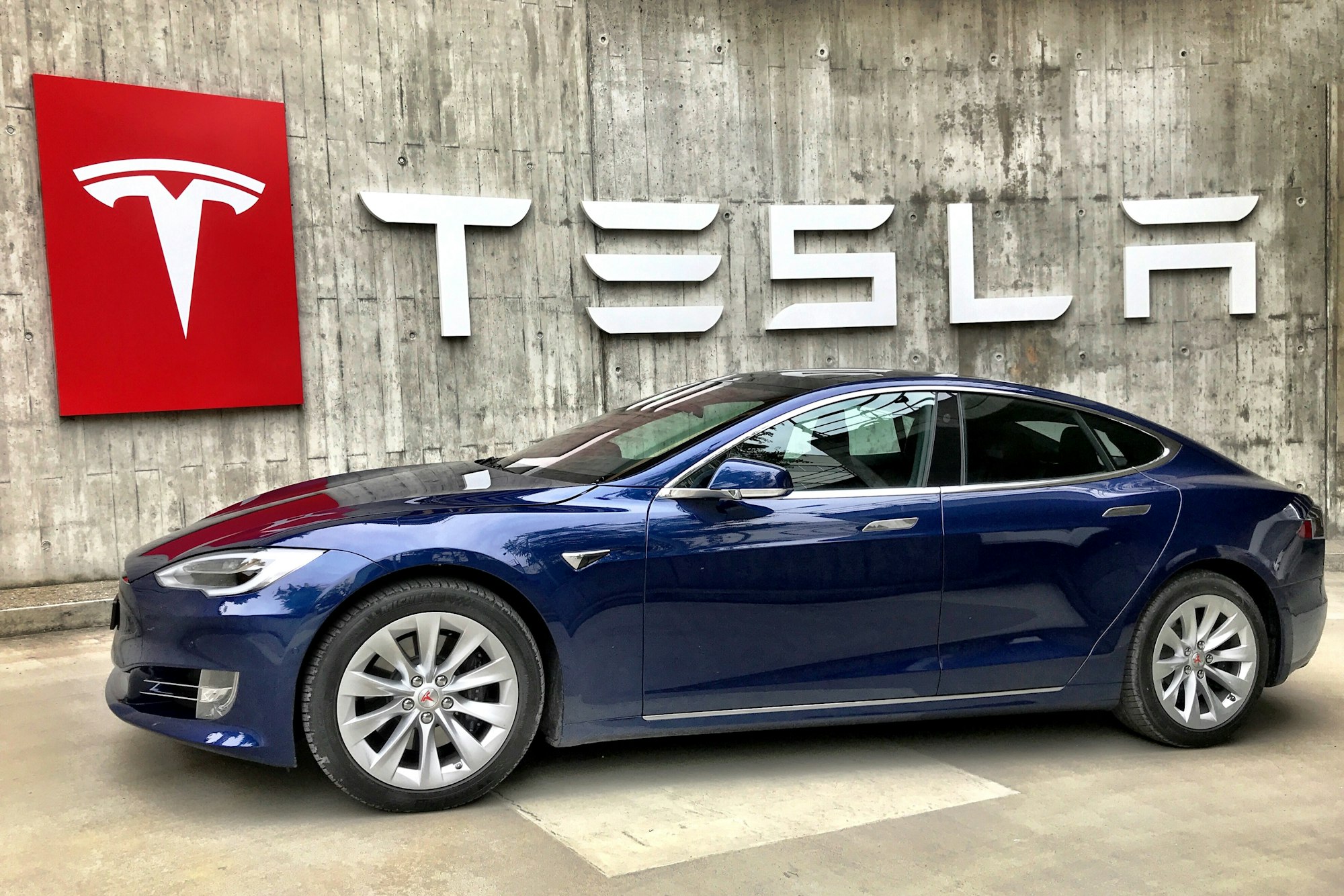Elon Musk: free spirit or victim of a tough childhood?

Author: Moritz von Poser
"I couldn't resist grabbing the new Musk biography by Walter Isaacson. The author had direct access to all the negotiations and the freedom to to publish the biography without further authorization from Musk. This gives the reader detailed insights into some of the most important entrepreneurial processes, without being lulled into hero worship. A read that allows the reader to entrepreneurial struggle and leaves room for personal insights own insights. However, when it comes to clarifying the motives behind Elon Musk's decisions, the author likes to reach into his childhood psycho box. For example, he says that Musk bought Twitter because his difficult childhood was an unresolved desire for recognition.
There are several billion people in the world who can justifiably claim to have had a very tough childhood for themselves. However, there is only one who is revolutionizing the car industry, co-developing several leading AI companies, became the backbone of space travel and, building on that, built his own satellite and his own satellite and internet infrastructure.
In this respect, childhood reflexes seem interesting, but not sufficient as an
explanation for an entrepreneurial creative force of this global scope.
So what is an additional reason?
Elon Musk says that he wanted to buy Twitter because he sees democracy in danger. That is the mission he formulates over and over again.
In particular, he wants to contribute to a balance in the public debate
debate by allowing all the different camps to meet on one platform and preventing
and mitigating the drift into separate platforms for each opinion camp is mitigated.
This is not about whether this mission is right or wrong. The point is,
that a clearly formulated mission gives entrepreneurs an enormous increase in impact both internally and externally.
This mission gives Musk the strength to fight his way through the complex personnel, technical and financial restructuring of X and then to develop further exciting business models. At Tesla, too, the repeatedly formulated mission of making the planet less dependent on finite resources is part of a magnetic brand that has turned customers and shareholders into enthusiastic fans. Even many of those who hate electric cars find Tesla sexy.
What mission for the good of all do you base your work on?

